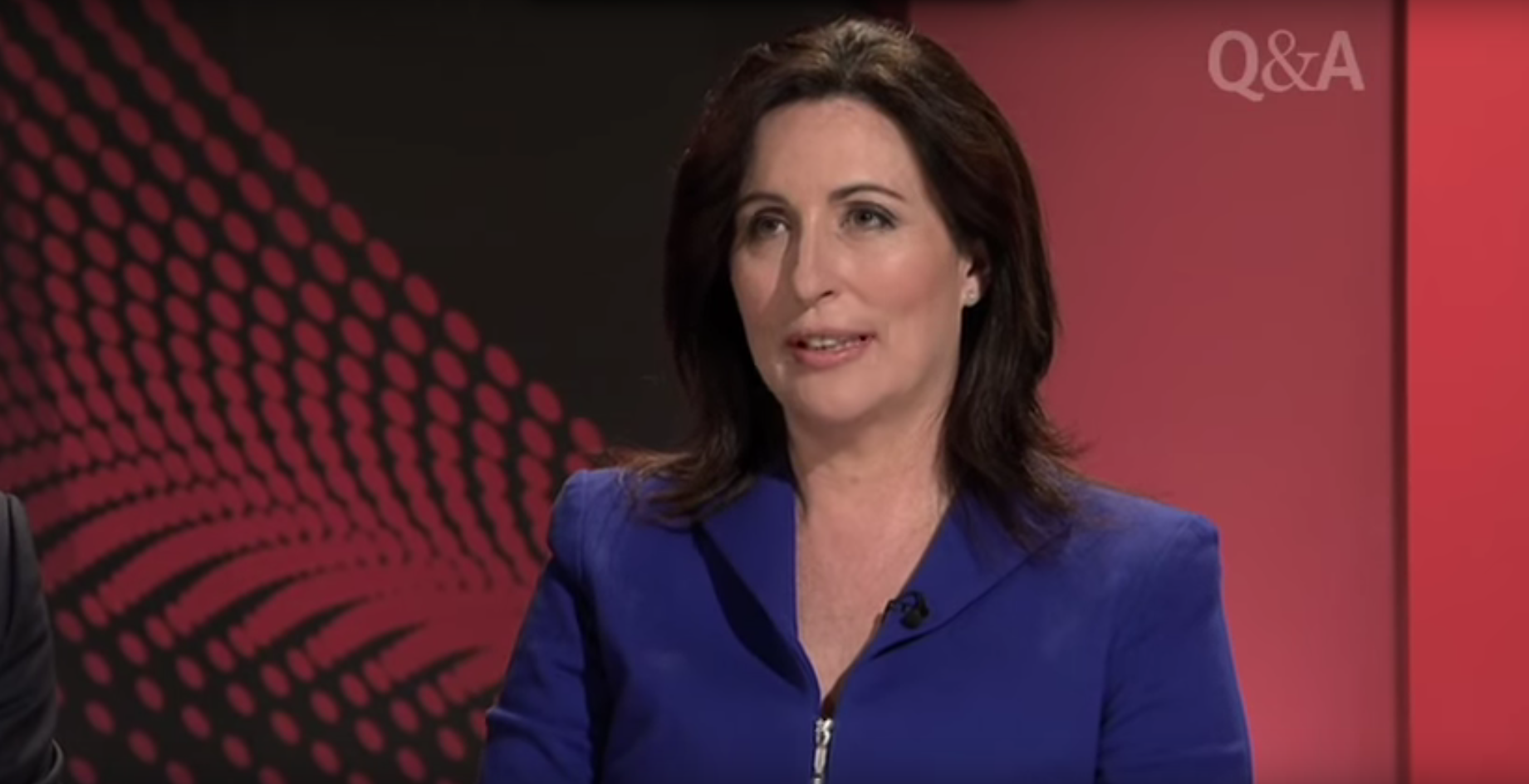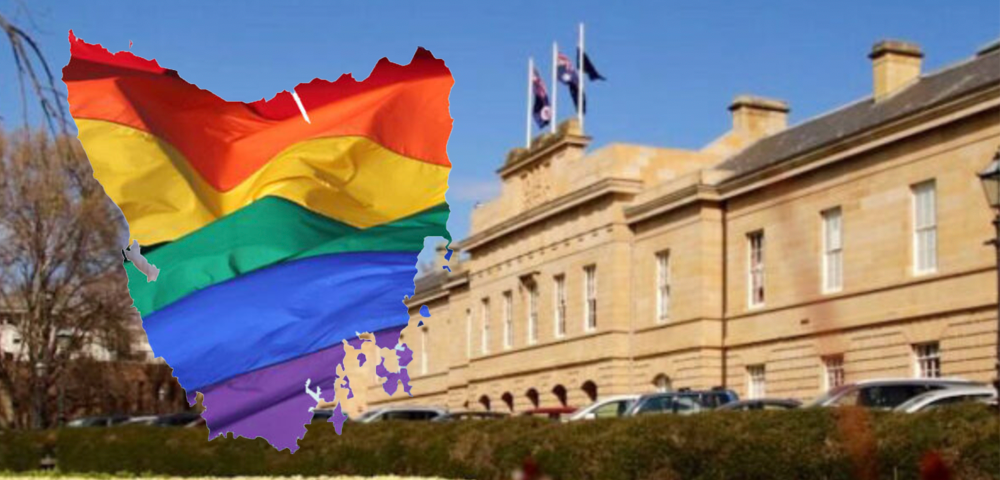
Miranda Devine slammed by Press Council over anti-trans column

The Press Council has ruled that a 2017 anti-trans column written by Miranda Devine is in breach of their standards, calling it “inaccurate” and “misleading”.
In the Daily Telegraph column, titled ‘What madness can justify mutilating our children?‘, Devine argued against “new laws in Victoria [that could] punish therapists opposed to transitioning children” and described being trans as a “pernicious social fad” among young people.
The column was then followed by a 2018 podcast, titled ‘Ryan T. Anderson joins Miranda Devine live on gender identity’.
In its ruling, the Press Council noted that Devine’s column contained material presented as facts, such as: “[There is] no evidence that changing sex will reduce the incidence of self-harm or suicide to lessen the impact of other associated mental states such as depression or autism”.
The subsequent podcast included similar claims: “[There is] no evidence that these hormones are safe to be used on kids, no evidence of any reduction on self-harm or suicide”.
The Press Council ruled that Devine stating there was “no evidence” was inaccurate, and should have been elaborated upon with further statements, according to Mumbrella.
“The Council noted that the publication did not rely on any particular medical article as supporting a statement that there was ‘no evidence’,” the Press Council said in its ruling.
“The Council considered that, given the existence of medical guidelines which recommend various treatments and procedures to assist transitioning children and adolescents, the statement that there was ‘no evidence’ was made in such absolute terms that it was inaccurate and misleading.”
As a result, the Press Council ruled that Devine and the Daily Telegraph had breached General Principles one and three.
General Principle one states that publications must “ensure that factual material in news reports and elsewhere is accurate and not misleading, and is distinguishable from other material such as opinion”.
General Principle two requires publications to “ensure that factual material is presented with reasonable fairness and balance, and that writers’ expressions of opinion are not based on significantly inaccurate factual material or omission of key facts”.
Devine’s transphobic use of phrases like “mutilation”, “child surgical abuse”, and “monstrous assault on their developing bodies” were deemed okay by the Press Council. While the Council agreed that Devine’s language could cause substantial distress, offence, and prejudice, the watchdog ruled it was “justified” due to public interest.
This isn’t the only time Devine has come under fire for her anti-trans sentiment.
In 2018, she drew criticism for a column in which she accused trans women of “culturally appropriating” womanhood.
She went on to defend cis women who didn’t want to be referred to using the “pronoun” cis—which is not a pronoun but an adjective meaning the opposite of trans.









